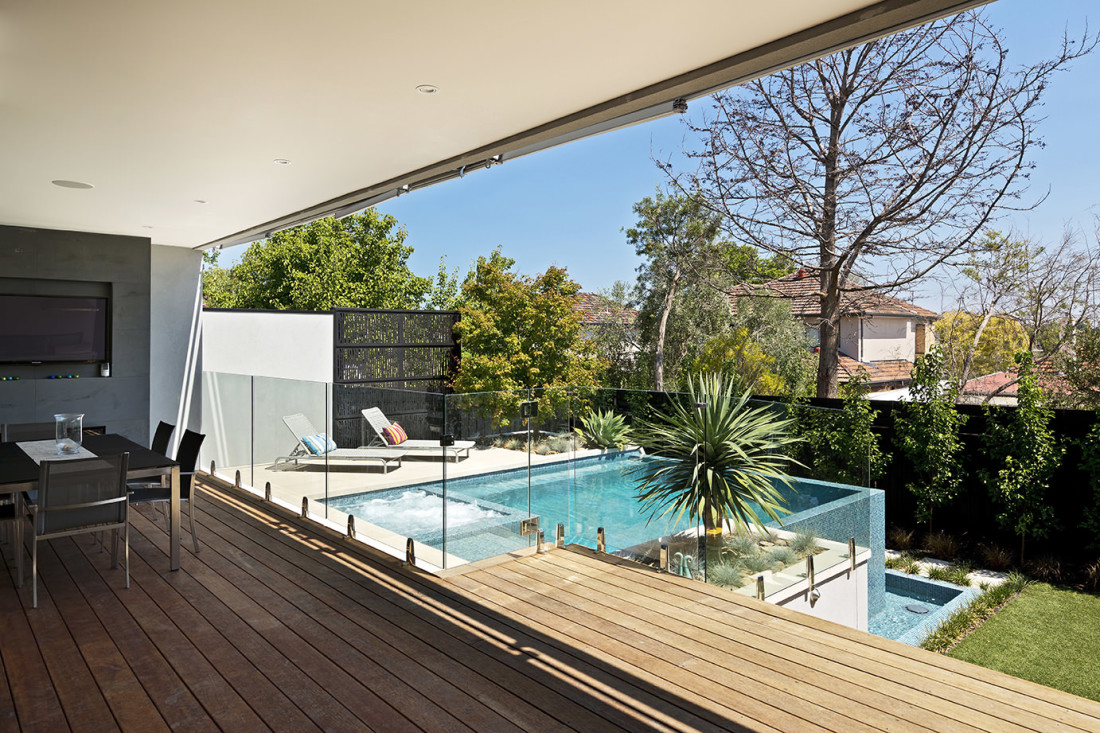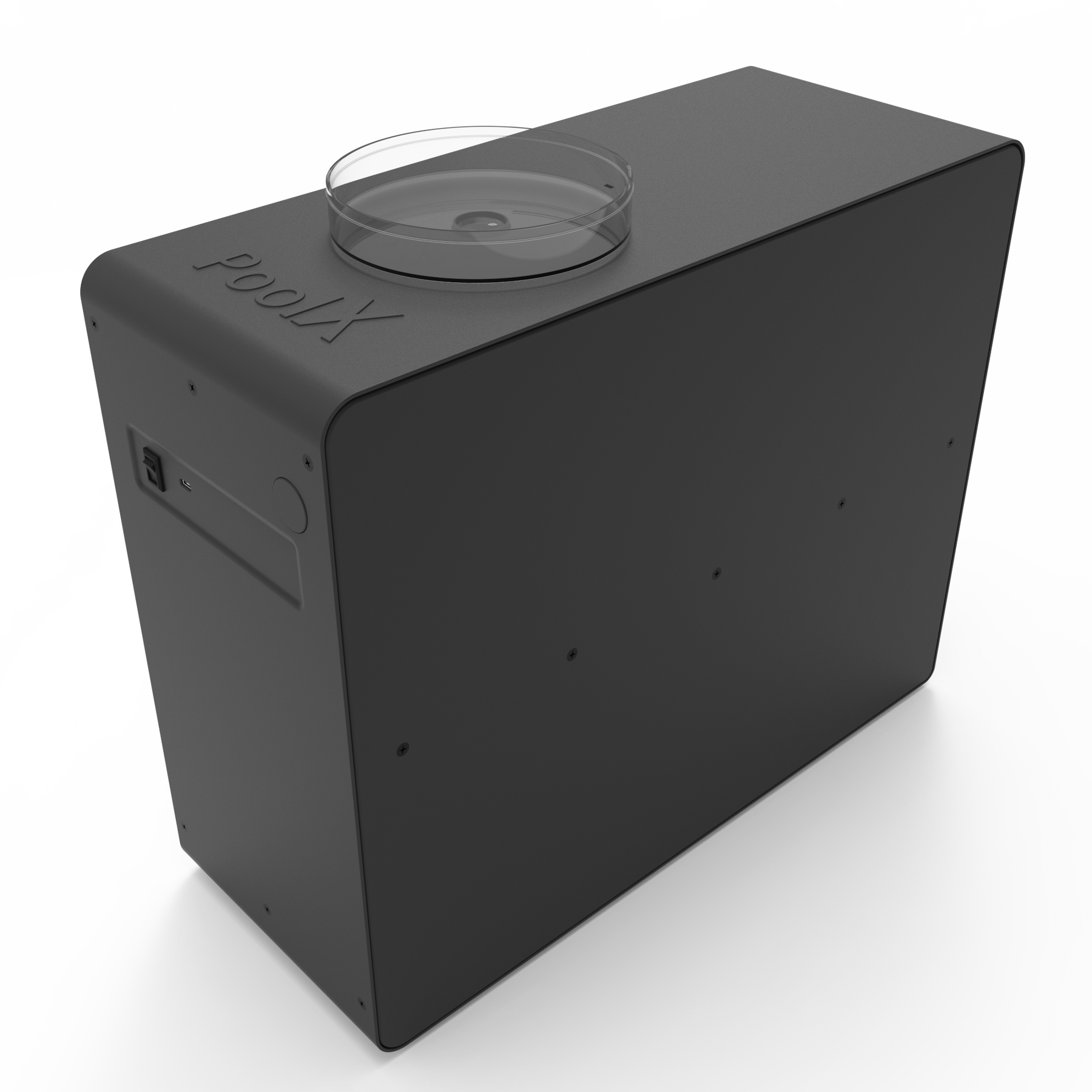Are you a proud homeowner with dreams of a stunning pool in your backyard? If you’ve been wondering how much it costs to fill a pool, you’re in the right place. This article will provide a comprehensive look at the variables and costs associated with filling a pool.

The Factors Influencing Pool Filling Costs
Filling your pool involves more than just turning on a hose. Several factors can influence the costs, including water source, pool size, and additional treatments. Let’s explore each of these factors in detail.
Source of Water
The first major consideration is your water source. Generally, you can fill your pool using municipal water, well water, or water delivery services. Each option comes with its own set of costs and considerations.
Municipal Water: An Affordable Option
If you opt to use municipal water, you can expect to pay based on your local water rates. These rates can vary significantly depending on where you live. Usually, you’ll have to cover the cost per gallon of water used. On average, it can cost between $4 to $10 per 1,000 gallons of water.
Well Water: Evaluating the Costs
Using well water might seem like a cost-effective option since you don’t pay per gallon. However, it’s essential to consider the wear and tear on your well pump. Additionally, if you have a low-yielding well, continuously running it to fill a pool can cause problems.
Water Delivery Services: A Convenient Alternative
For some, hiring a water delivery service might be the ideal solution. While more expensive, this option offers convenience and can be faster. Costs for water delivery depend on location and the amount of water required. On average, you might spend between $100 to $500 for this service.

Understanding Pool Size and Volume
Your pool’s size directly impacts the amount of water needed. The larger the pool, the more water (and consequently, the more costs) you’ll incur. Pools are typically measured in gallons, and here’s a general breakdown:
- Small Pools (up to 10,000 gallons)
- Medium Pools (10,000 to 20,000 gallons)
- Large Pools (over 20,000 gallons)
Calculating the Gallons Needed
To determine your pools volume, you can use the following formula: Length x Width x Average Depth x Multiplier (for rectangular or square pools, use 7.5; for circular pools, use 5.9). This calculation will give you a rough estimate of the total gallons needed.

Additional Costs: Chemicals and Maintenance
Filling your pool with water is just the beginning. Maintaining a clean and sanitary pool involves chemicals such as chlorine and pH balancers. These additional costs vary but are necessary for safe swimming water.
Estimating Chemical Costs
On average, maintaining proper chemical levels can cost anywhere from $20 to $50 per month. For new pools, the initial chemical setup might be slightly more expensive as you establish the correct balance.
The Role of Nonprofit Organizations in Reducing Costs
Some homeowners might be able to reduce the costs associated with filling a pool through nonprofit initiatives. For example, [the role of nonprofit organizations] in providing resources for housing enhancements can sometimes include pool upkeep.
Seasonal Considerations
Believe it or not, the time of year you decide to fill your pool can also influence costs. During peak usage months, local water rates might be higher due to increased demand. Planning to fill your pool during the off-season can lead to potential savings.
Minimizing Costs with Rainwater Collection
Another potential cost-saving measure is collecting rainwater to fill your pool. This sustainable approach can significantly lower your expenses, though it requires an effective collection system and may not be sufficient for large pools.
Pros and Cons of Rainwater Collection
While rainwater collection is eco-friendly and cost-effective, it is dependent on your local climate and rainfall patterns. Additionally, you’ll need a filtration system to ensure the water is clean and safe for the pool.
Pool Filling Services vs. DIY: Cost Comparisons
Homeowners often debate between hiring professionals to fill their pool versus doing it themselves. A professional service might come with a higher upfront cost but ensures efficiency and reduces long-term wear on household water systems.
The Benefits of Hiring Professionals
Hiring professionals for pool filling can save you time and ensure the job is done correctly. These services can range from $200 to $1000, depending on your pool size and the water source used. For more on home improvements Read here.
FAQs on Filling a Pool
How quickly can you fill a pool?
The time it takes to fill a pool depends on your water source and the pool’s size. With a garden hose, it might take 24 to 48 hours for an average-sized pool. Water delivery services can significantly reduce this time.
Can I use my rainwater system to fill my pool?
Using a rainwater collection system is possible but may require additional filtration to ensure water quality. It’s a cost-effective and sustainable option if you have adequate rainwater and an efficient system.
Are there hidden costs I should be aware of?
Yes, the costs of chemicals, maintenance, and potential repairs should be factored into your budget. Seasonal rates and local regulations can also affect your overall costs.
As an Amazon Associate, I earn from qualifying purchases.

